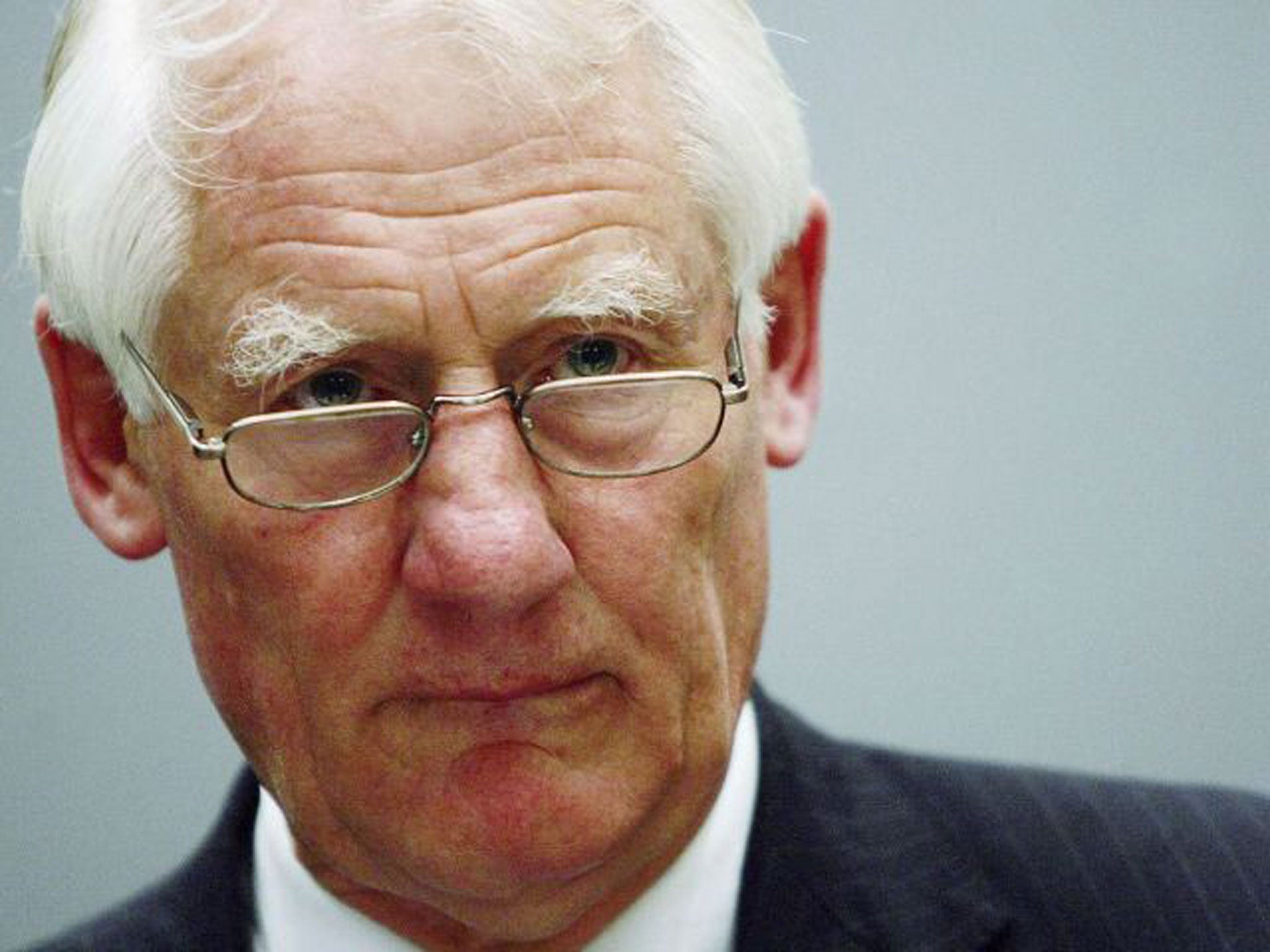Lord Butler: 'Civil servants should not investigate MPs'

Your support helps us to tell the story
From reproductive rights to climate change to Big Tech, The Independent is on the ground when the story is developing. Whether it's investigating the financials of Elon Musk's pro-Trump PAC or producing our latest documentary, 'The A Word', which shines a light on the American women fighting for reproductive rights, we know how important it is to parse out the facts from the messaging.
At such a critical moment in US history, we need reporters on the ground. Your donation allows us to keep sending journalists to speak to both sides of the story.
The Independent is trusted by Americans across the entire political spectrum. And unlike many other quality news outlets, we choose not to lock Americans out of our reporting and analysis with paywalls. We believe quality journalism should be available to everyone, paid for by those who can afford it.
Your support makes all the difference.Britain’s most senior civil servants should no longer be asked to investigate accusations of ministerial misconduct because they do not have the “powers” to get to the truth, the former Cabinet Secretary, Lord Robin Butler, has suggested.
David Cameron has used the current Cabinet Secretary, Jeremy Heywood, to investigate claims of ministerial wrong-doing against two of his Cabinet colleagues – Andrew Mitchell and Liam Fox.
But speaking at an event organised by think-tank the Institute for Government, Sir Jeremy’s predecessor Lord Butler said such inquiries were “not a satisfactory way” of establishing the truth.
Lord Butler himself was asked to investigate two cases of potential ministerial misconduct: those of Jonathan Aitken and Neil Hamilton. His reports cleared both Hamilton – who, it later emerged, had indeed accepted money for asking questions in Parliament – and Aitken, who had sought bribes for arranging arms deals.
Speaking to Civil Service World he said: “There are times when, if you’ve got to discover the facts, [someone] within government can do that, but the powers you’ve got are almost non-existent, except to ask people and decide whether you believe them or not.”
Join our commenting forum
Join thought-provoking conversations, follow other Independent readers and see their replies
Comments